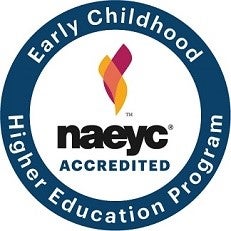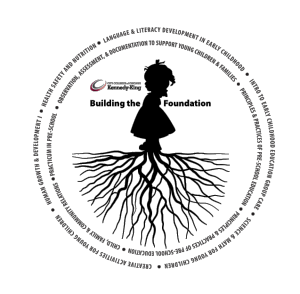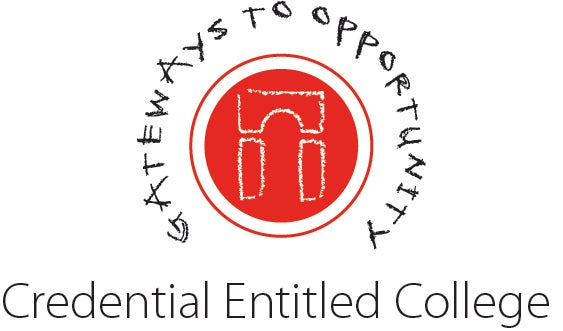Child Development
Yolanda Simmons
M. Ed. Department Chair


Kennedy-King College A.A.S Child Development: Preschool Education program prepares degree candidates to be proficient in the Professional Standards and Competencies for Early Childhood Educators
AY FA 23-SP24
|
KKC Candidate Performance |
AY 2023-2024 |
|
NAEYC Standard |
Candidate KA Performance Summary |
|
Standard 1: Child Development and Learning in Context |
75% of candidates assessed met expectations |
|
Standard 2: Family-Teacher Partnerships and Community Connections |
79% of candidates assessed met expectations |
|
Standard 3: Child Observation, Documentation and Assessment |
66% of candidates assessed met expectations |
|
Standard 4: Developmentally, Culturally, and Linguistically Appropriate Teaching Practices |
83% of candidates assessed met expectations |
|
Standard 5: Knowledge, Application, and Integration of Academic Content in the Early Childhood Curriculum |
69% of candidates assessed met expectations |
|
Standard 6: Professionalism as an Early Childhood Educator |
- Know and understand young children’s characteristics and needs
- Know and understand the multiple influences on development and learning
- Use developmental knowledge to create, respectful, supportive, and challenging learning environments
- Know about and understand diverse family and community characteristics
- Support and empower families and communities through respectful, reciprocal relationships
- Involve families and communities in their children’s development and learning
- Understand the goals, benefits, and uses of assessment
- Know about and use observation, documentation, and other appropriate assessment tools and approaches
- Understand and practice responsible assessment to promote positive outcomes for each child
- Know about assessment partnerships with families and with other professionals
- Understand positive relationships and supportive interactions as the foundation of their work with children
- Know and understand effective strategies and tools for early education
- Use a broad repertoire of developmentally appropriate teaching/learning practices
- Reflect on their own practice to promote positive outcomes for each child
- Understand content knowledge and resources in academic disciplines
- Know and use the central concepts, inquiry tools, and structures of content areas or academic disciplines
- Use their knowledge, appropriate early learning standards, and other resources to design, implement, and evaluate meaningful, challenging curricula for each child
- Identify and involve oneself with the early child hood field
- Know about and uphold ethical standards and other professional guidelines
- Engage in continuous, collaborative learning to inform practice
- Integrate knowledgeable, reflective, and critical perspectives on early education
- Engage in informed advocacy for children and the profession
- Applications for students seeking enrollment in a Spring practicum must submit the application no later than the last Monday of the month of November.
- Applications for students seeking enrollment in a Fall practicum must submit the application no later than the last Monday of the month of March.
Programs
Faculty and Staff
| Name | Phone | Office | |
|---|---|---|---|
| Darshe Bias | dbias1@ccc.edu | (773) 487-6925 | Y-138 |
| Nina Blakey | nblakey@ccc.edu | (773) 602-5351 | Y-135 |
| Martuice Brooks | mwilliams821@ccc.edu | (773) 602-5351 | |
| Yolanda Simmons | ysimmons@ccc.edu | (773) 602-5337 | Y-138 |
| Anna Russell | arussell@ccc.edu | (773) 602-5481 | Z-121 |

